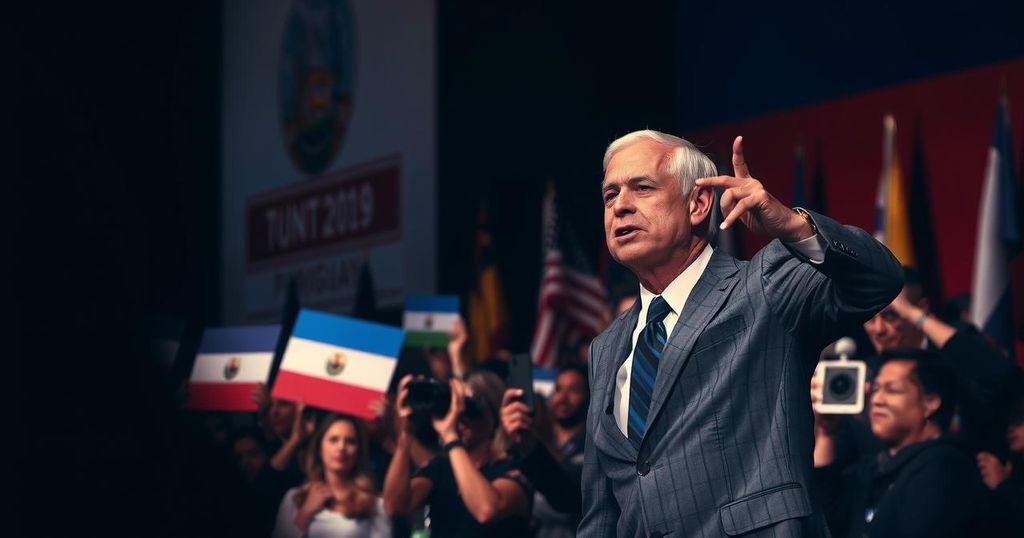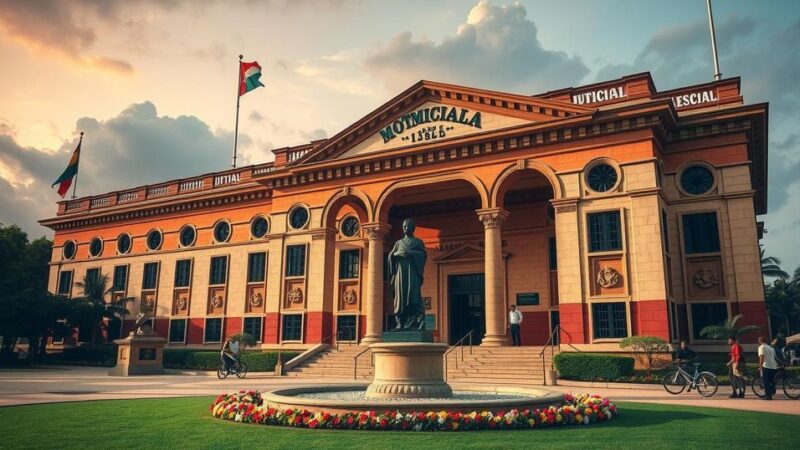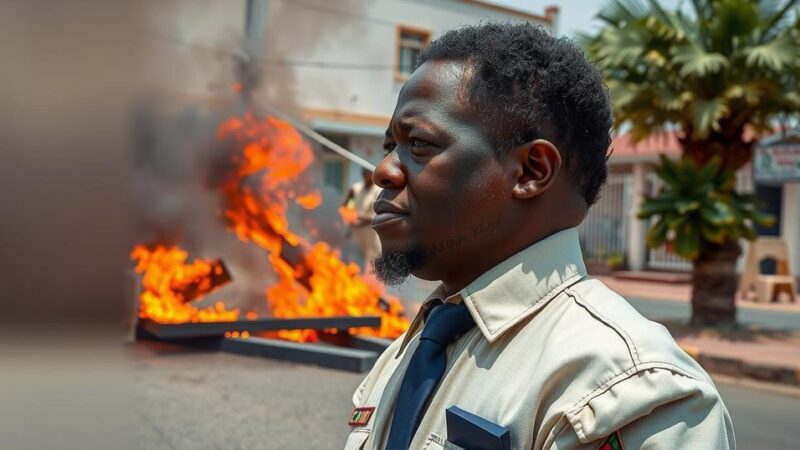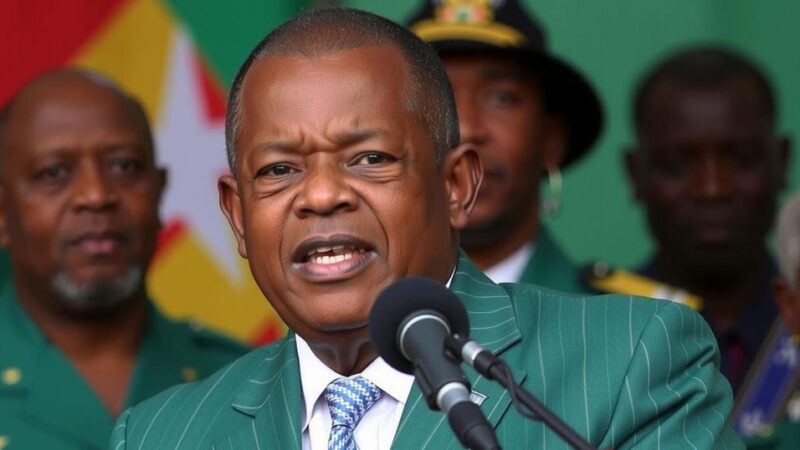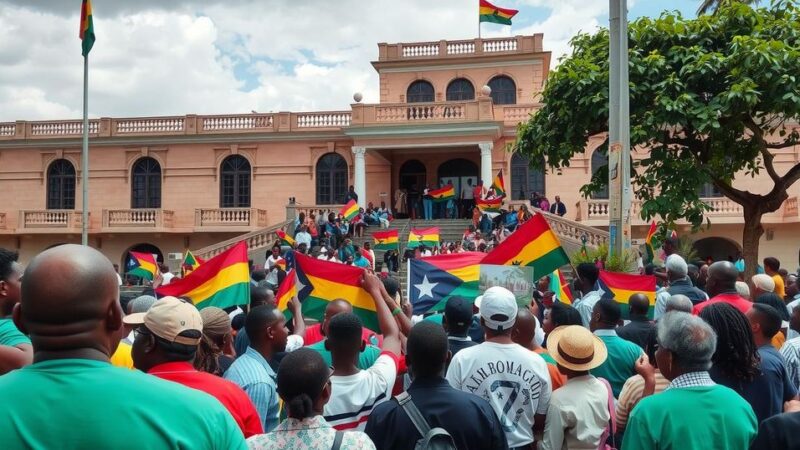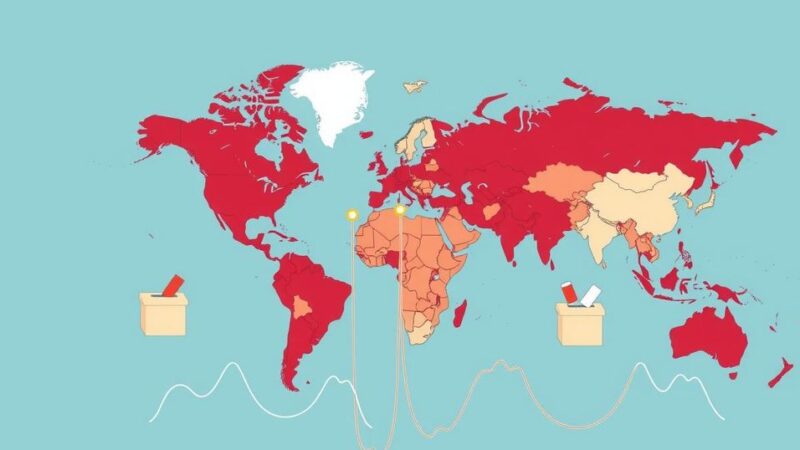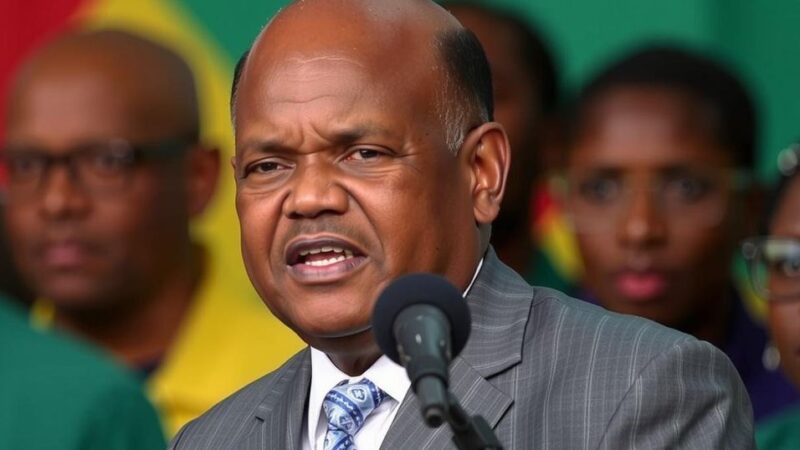The recent presidential run-off in Uruguay featured candidates Alvaro Delgado and Yamandu Orsi, emphasizing democratic coexistence amid greater regional political turmoil. The election highlighted Orsi’s focus on worker wages and Delgado’s emphasis on economic reforms. Both candidates committed to respecting election outcomes and fostering cooperation, showcasing Uruguay’s democratic stability in contrast to neighboring countries.
In Uruguay, a presidential run-off election took place, emphasizing the theme of ‘democratic coexistence.’ Conservative candidate Alvaro Delgado faced off against left-wing rival Yamandu Orsi after neither achieved the required majority in the initial round on October 27. Orsi, who garnered 44 percent of the vote in the first round, ran on a platform focused on improving wages for low-income workers. Meanwhile, Delgado, supported by the ruling National Party, aimed to enhance trade relationships and streamline the national bureaucracy.
As tensions in other Latin American countries rose alongside political violence, Uruguay stood out for its relative calm and stability. Both candidates received endorsements from influential figures, with Orsi being backed by former President Jose Mujica, a prominent leftist icon. The run-off election was marked by a commitment from both contenders to respect the electoral process and cooperate post-election, fostering an environment of democratic engagement and coexistence. Observers noted the peaceful atmosphere of the election, suggesting that it could be a template for democratic processes in the region.
Uruguay’s presidential election exemplifies a significant moment in Latin American politics, particularly during a year marked by turmoil in neighboring countries such as Mexico and Venezuela. The country, known for its tradition of democratic practices, hosted a run-off between top candidates of the October 27 general election. Alvaro Delgado from the National Party and Yamandu Orsi from the Broad Front coalition represented contrasting political ideologies amid a backdrop of economic discussions and post-election unity efforts.
In conclusion, the recent run-off election in Uruguay highlights the nation’s commitment to democratic principles despite regional challenges. The candidates’ promises to cooperate regardless of the outcome and the relatively calm election environment signify Uruguay’s position as a model of democratic coexistence in Latin America. This reflects a hope for a stable political future as the nation navigates its economic concerns and political landscape.
Original Source: www.aljazeera.com

